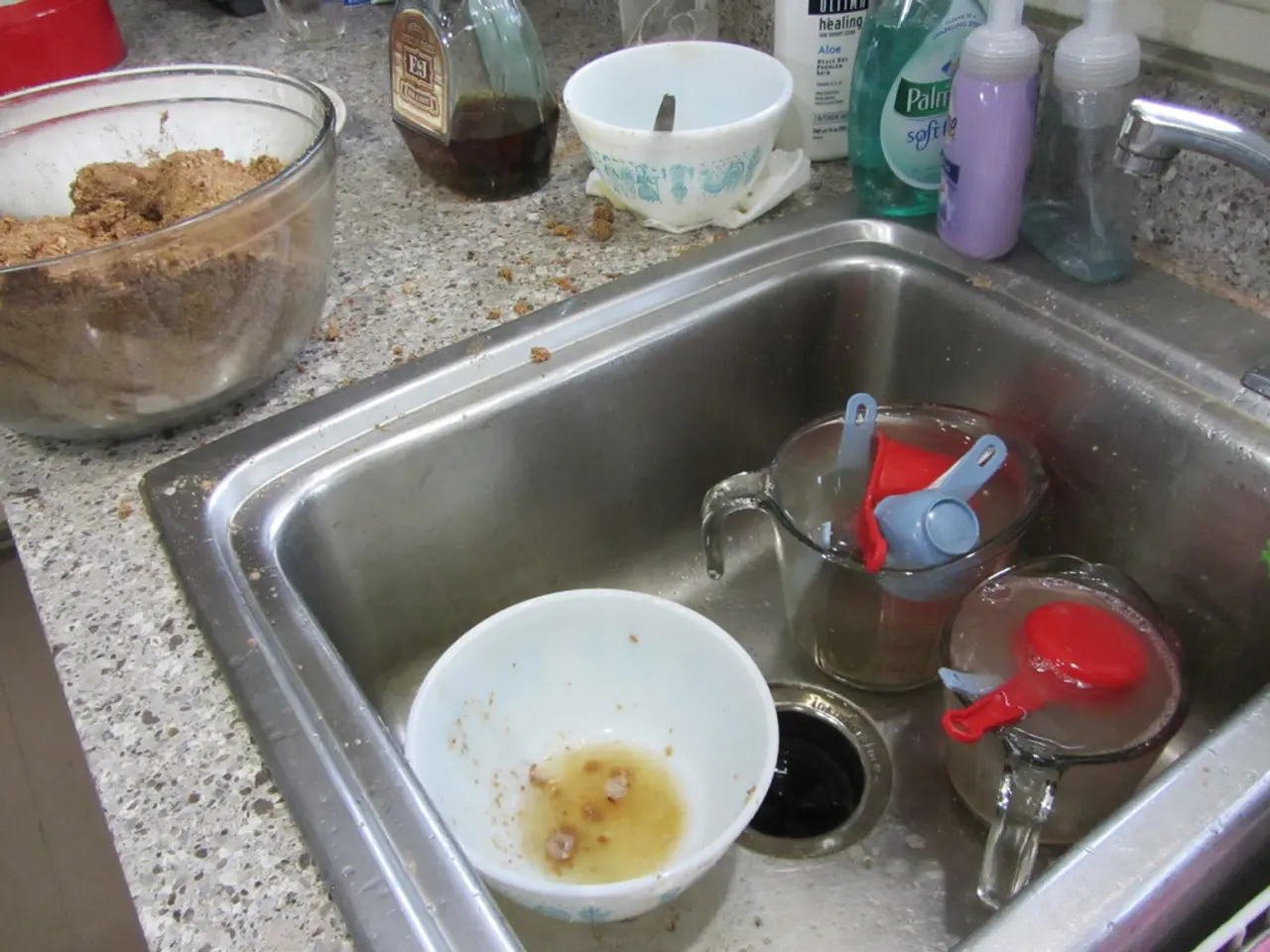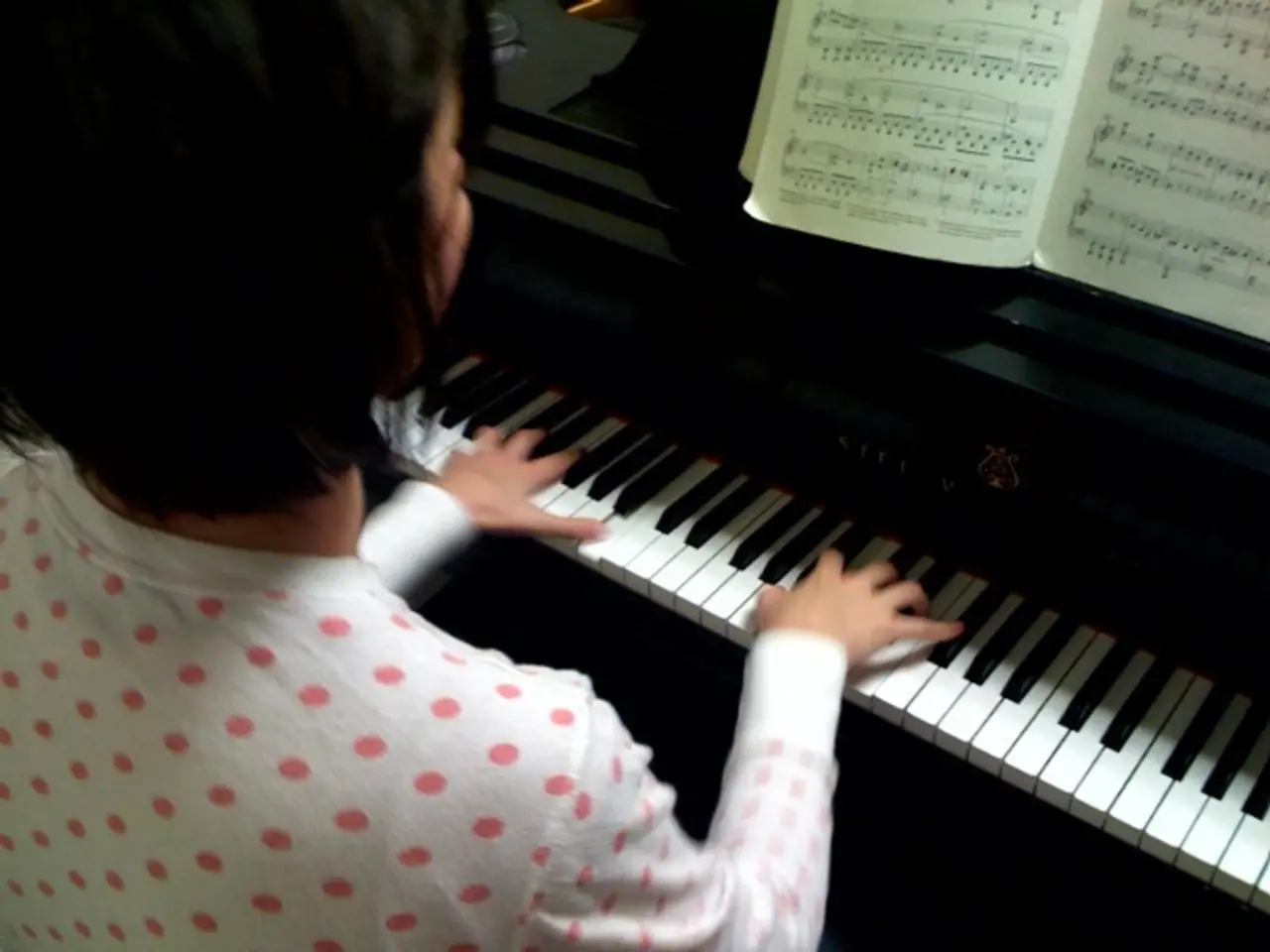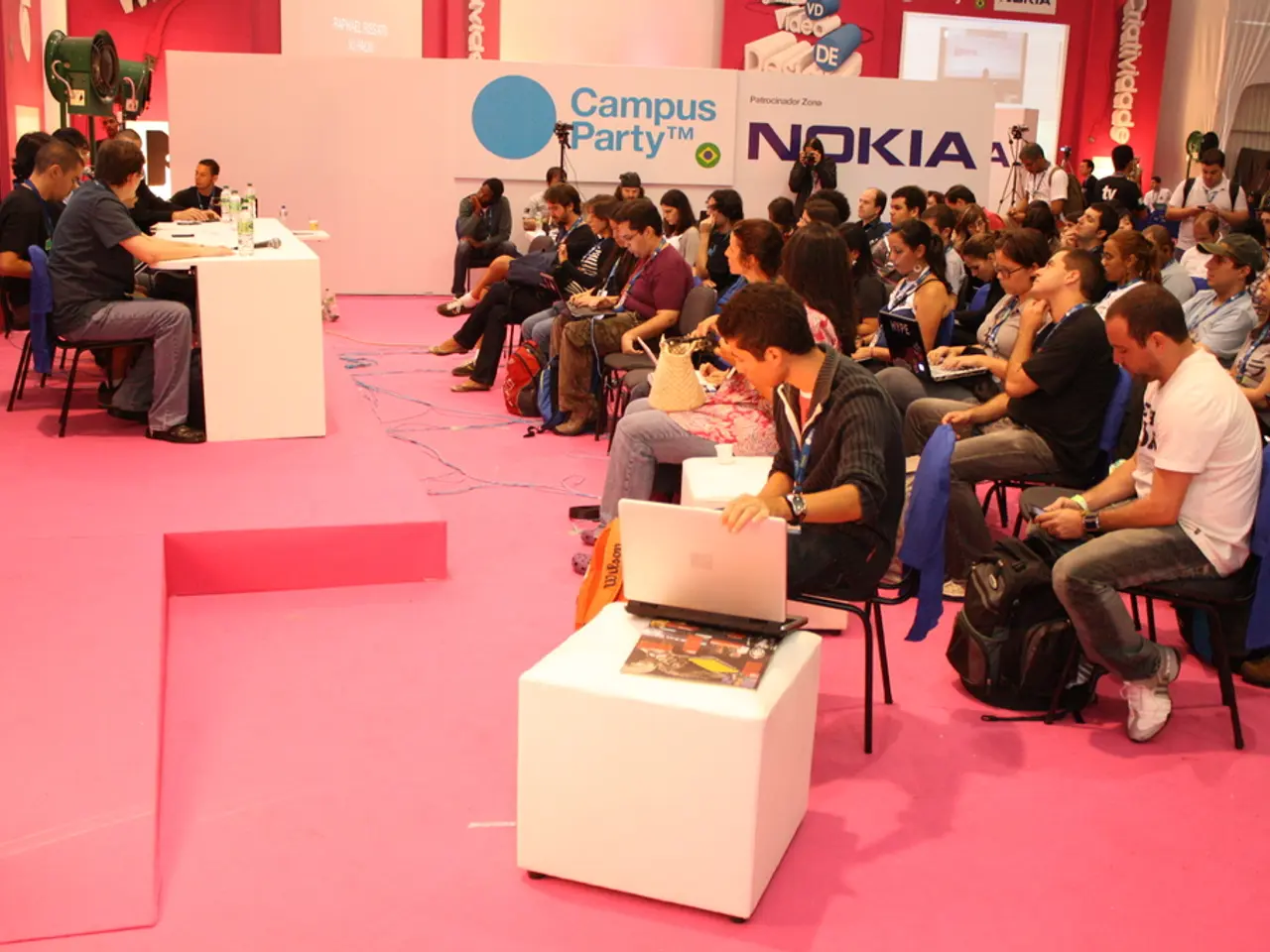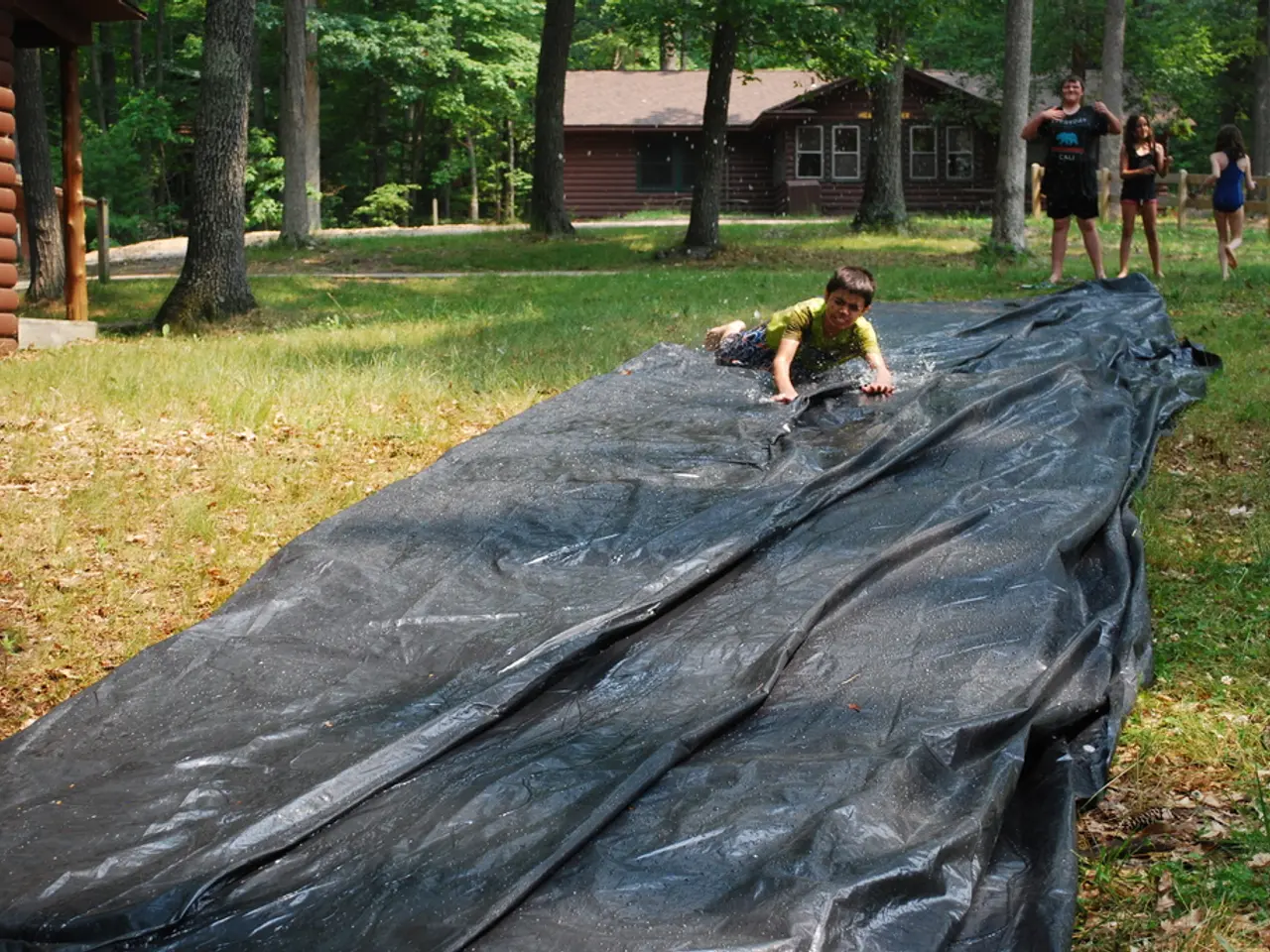Understanding Antimicrobial Resistance in Aotearoa: Spreading Awareness About Superbugs in the Science Realm
World Antimicrobial Awareness Week (WAAW) is a global campaign aimed at improving awareness and encouraging best practices to combat antimicrobial resistance (AMR). This year, educators have a unique opportunity to get involved and make a difference.
Educational Resources to Support WAAW
The Science Learning Hub offers an array of resources to help educators educate their students about AMR. These resources include the "Antimicrobial resistance - a context for learning" resource, which provides pedagogical insights and curriculum links. This comprehensive package includes an interactive planning pathway that curates Hub AMR resources in one place, making it easy for educators to find what they need.
A recorded webinar, "The science of superbugs," is also available. In this webinar, Dr Kristin Dyet, a microbiologist, discusses the importance of AMR awareness. The webinar aims to educate educators about AMR and provide resources for teaching about it. A slideshow accompanies the webinar, covering topics such as what is AMR, how it occurs, why it is important, its global impact, and what can be done about it. The slideshow and video can be downloaded from the Science Learning Hub.
The State of Antimicrobial Resistance in New Zealand
In New Zealand, the current state of AMR is relatively stable, with a low incidence of resistance in bacteria isolated from common infections in animals. However, recent data show a slight increase in resistance among canine isolates since the last surveillance, underscoring the importance of ongoing monitoring and susceptibility testing to guide effective antimicrobial prescribing.
Taking Action for World AMR Awareness Week
Educators play a vital role in equipping future generations with the knowledge to address AMR effectively. Here are some actions educators can take during World AMR Awareness Week:
- Integrate AMR education into curricula: Inform students about the causes, risks, and impacts of antimicrobial resistance on health and society.
- Promote principles of antimicrobial stewardship: Emphasize appropriate use, avoiding misuse, and the importance of completing prescribed courses.
- Organize awareness activities and campaigns: Engage different audiences through posters, talks, and interactive sessions.
- Collaborate with health professionals and organizations: Provide up-to-date and evidence-based information on AMR.
- Encourage critical thinking and responsible health behaviors: Reduce infection risks through hygiene and vaccination education.
- Highlight the One Health approach: Connect human, animal, and environmental health perspectives to combat AMR collectively.
Looking Back and Moving Forward
The history of antibiotics and antimicrobial resistance is covered in an article and timeline. The Science Learning Hub team also provides valuable content related to science education, including the history of vaccination and immunisation in New Zealand.
The Infectious disease and antimicrobial resistance report from the archived Office of the Prime Minister's Chief Science Advisor, released in March 2022, contains a series of recommendations to help Aotearoa New Zealand unite against the threat of infectious disease and antimicrobial resistance.
Royal Society Te Apārangi has produced articles and videos about antimicrobial resistance, including a te reo Māori resource, "He uaua ake te rongoā i ngā whakapokenga ātete rongoā."
Dr Siouxsie Wiles, Associate Professor of Molecular Medicine and Pathology, is one of the presenters in the webinar, making it valuable for senior primary and secondary school teachers.
The timeline, "Fighting infection - timeline," looks at historical aspects of fighting infection.
Educators have a crucial role in supporting national and global efforts to contain this public health threat. By taking action during World AMR Awareness Week, educators can help raise awareness and promote responsible antimicrobial use, ensuring a healthier future for all.
[1] Ministry for Primary Industries. (2021). Antimicrobial resistance and antimicrobial use in plants and animals in New Zealand. Retrieved from https://www.mpi.govt.nz/dmsdocument/43221-antimicrobial-resistance-and-antimicrobial-use-in-plants-and-animals-in-new-zealand
[2] World Health Organization. (2019). Antimicrobial resistance: global report on surveillance 2019. Retrieved from https://www.who.int/publications/i/item/9789240015041
[3] World Health Organization. (2021). National action plan on antimicrobial resistance. Retrieved from https://www.who.int/antimicrobial-resistance/national-action-plans/en/
[4] European Centre for Disease Prevention and Control. (2020). Antimicrobial resistance surveillance in Europe: annual EARS-Net report 2020. Retrieved from https://www.ecdc.europa.eu/en/publications-data/antimicrobial-resistance-surveillance-in-europe-annual-ears-net-report-2020
[5] Centers for Disease Control and Prevention. (2019). Antibiotic/antimicrobial resistance. Retrieved from https://www.cdc.gov/drugresistance/index.html
- To enhance their understanding of medical-conditions related to antimicrobial resistance (AMR), educators can explore the educational resources available on health-and-wellness topics, such as the 'Antimicrobial Resistance - a context for learning' resource offered by the Science Learning Hub.
- In the pursuit of education and self-development, educators can engage with various resources on science, medicine, and antimicrobial resistance, including the webinar 'The science of superbugs,' featuring Dr Kristin Dyet, and articles and videos from Royal Society Te Apārangi.




